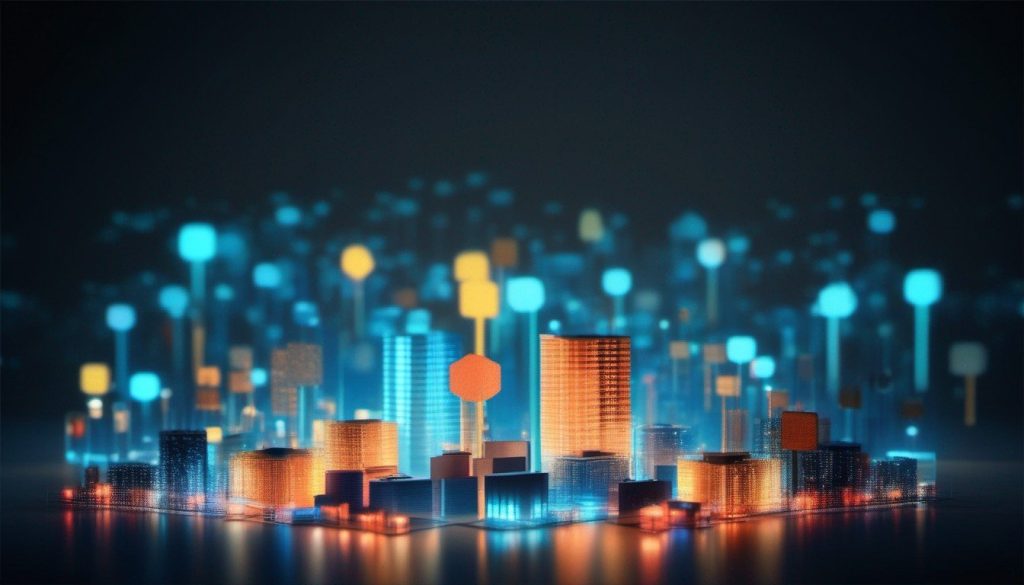A group of experts evaluating the ever-expanding scope of AI warned last week that more needed to be done to prevent AI’s potential for harm or the further marginalization of people of color.
The alert was given during a panel discussion at the Obama Foundation’s Democracy Forum, an annual gathering place for influential people to share ideas about building a more just society. The forum this year was centered on the developments and difficulties of artificial intelligence.
In a panel discussion titled “Weighing AI and Human Progress,” Institute for Advanced Study social science professor Alondra Nelson noted that AI tools can be inaccurate and even reinforce discriminatory practices.
As Nelson pointed out, there is proof that the tools can occasionally discriminate and even worsen bias in real life. These are serious issues that society is currently attempting to address.
Large language models have the potential to perpetuate racism and other forms of oppression, as demonstrated by a 2021 study by AI researchers. It is common for privileged individuals to be overrepresented in language model training data, which contains encoded biases such as racism, misogyny, and ableism.
In addition, several Black people have claimed in the past year alone that AI-based facial recognition technology misidentified them, subjecting them to unjust criminalization. Georgian Randall Reid, 28, claimed he was wrongfully detained and imprisoned in 2022 after Louisiana authorities obtained an arrest warrant connecting him to three men who had committed theft using facial recognition technology. A Jefferson Parish sheriff revoked the warrant due to apparent physical differences, including a mole on his face.
For a false arrest in February, Porcha Woodruff filed a lawsuit against the city of Detroit. In her lawsuit, she alleges that police used a facial recognition match that was not trustworthy in a photo lineup to connect her to a robbery and carjacking. Eight months pregnant at the time, Woodruff was charged and later freed on a $100,000 personal bond. Later on, the lawsuit claimed that the case was dropped due to “insufficient evidence.”
Black people have already shown skepticism towards the technology in polls. In contrast to roughly one in ten White, Asian, and Latino adults, 20% of Black adults who view racial bias and unfair treatment in hiring as a problem stated they believe AI would make it worse, according to a Pew Research Centre study published in April.
During his keynote speech at the forum, former President Barack Obama expressed his encouragement about the recent executive order on AI signed by the Biden administration. The order established broad federal oversight and investment in the technology, on which Obama also offered advice. However, he acknowledged that there are some significant risks associated with AI.
University of California, Berkeley professor Hany Farid said during the panel that predictive AI can occasionally reinforce human prejudices in banking, hiring, and the criminal justice system.
According to Farid, the predictive AI is grounded in past data. So, guess what happens if your historical data is biased, as it is — against women, against people of color, and against the LGBTQ community? Bias will be present in your AI. That being said, we are merely reproducing the past when we push these systems without fully comprehending them.
Nelson said that she has spent the last two years working in the White House Office of Science and Technology Policy, where she has concentrated on equitable AI innovation that involves a wide range of perspectives. Her team, under the Biden administration, created a Blueprint for an AI Bill of Rights, which includes opinions from researchers, policymakers, journalists, and other experts and serves as a guide to safeguard people against the risks posed by automated systems.
As Nelson noted, there are more and more global conversations about artificial intelligence (AI), which she believes is a huge opportunity that society will take advantage of.
According to Nelson, people of all mathematical backgrounds can still hold an opinion about this extremely potent tool that has the potential to significantly alter society. It really will be up to all of us to do the work of making decisions as a society about how we want these tools to be used and what kind of future we want.








